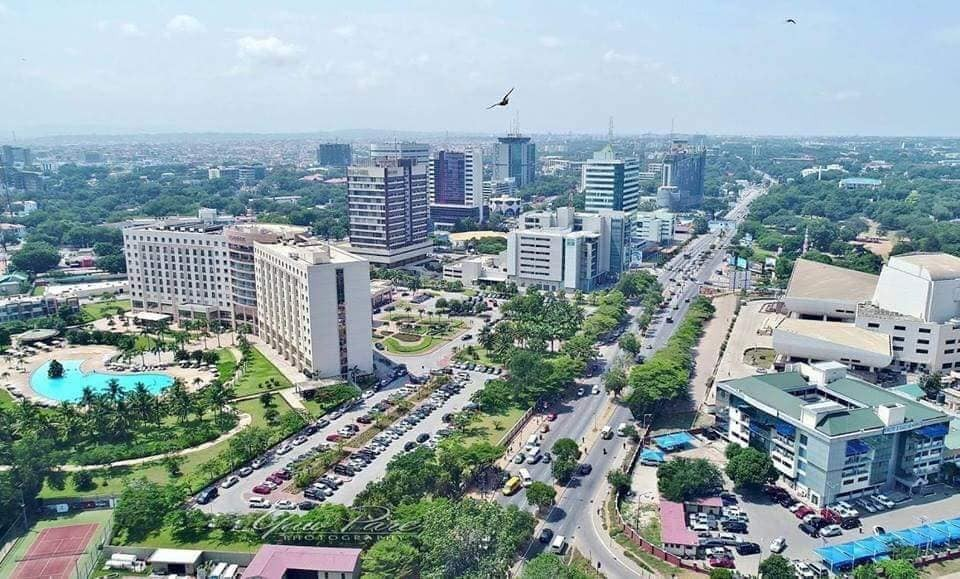
Despite efforts to boost civic engagement, youth participation in governance in Ghana remains limited, a challenge highlighted by the STAR-Ghana Foundation as it unveiled its new five-year governance strategic plan.
Executive Director Alhaji Ibrahim-Tanko Amidu said meaningful involvement of young people in decision-making at both local and national levels remains a major gap, even as the country works to achieve its SDG targets for peaceful and inclusive societies.
“If you look at the fact that, as with the experiences in other countries, when young people are disempowered, the country is destabilized. And so I think there’s a lot that needs to be done, both in terms of the laws that would make participation more accessible, but also I think in terms of how our governance structures are modeled,” Alhaji Amidu said.
He urged stronger institutional support and the creation of a dedicated state fund to sustain civil society initiatives, emphasizing that resources are essential to empower youth and citizens to contribute effectively to national development.

Governing Council Chair Hamdiya Ismaila stressed that the strategic plan is designed to ensure consistent citizen involvement in public discourse, enabling communities to have a real voice in governance processes.
The plan prioritizes building a stronger civil society, fostering active citizenship, and enhancing environmental resilience, ensuring that no one is left behind.
“We want to see citizens being active in public discourse. The idea or the main themes for outcomes that we expect from this strategic plan are to get a stronger civil society and well-engaged citizens. We want to ensure that we are able to be resilient around environmental resilience and also make sure that public services are enhanced,” she noted.
With youth making up a significant portion of Ghana’s population, experts say empowering young people is vital to building a resilient and inclusive society.